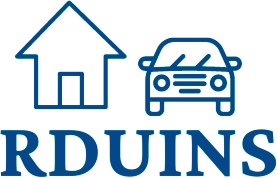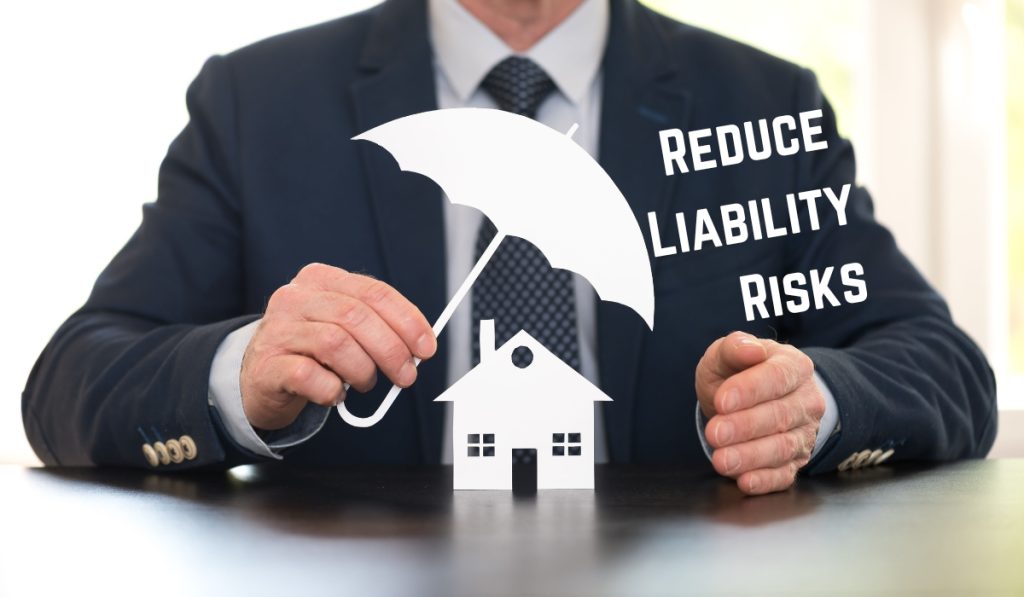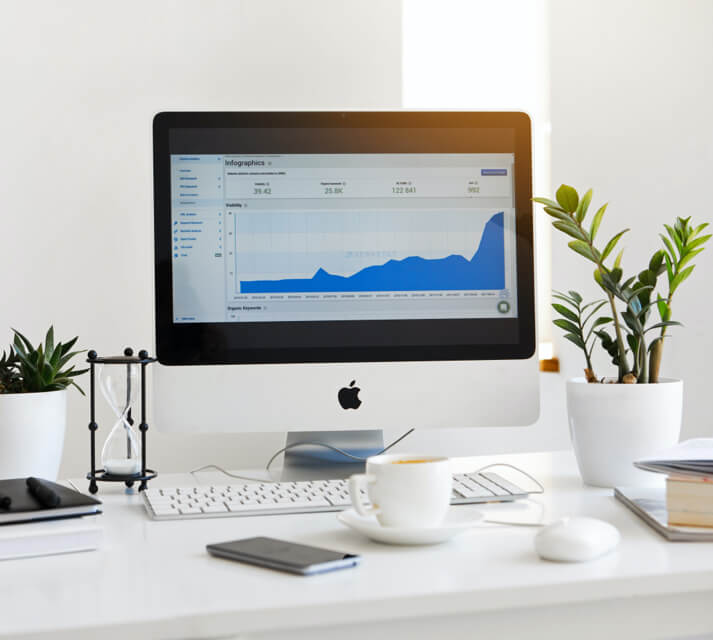As a homeowner, you need to reduce risks in your home that could cause injuries, or even death. Your home should be a safe haven for you and your loved ones, but accidents and injuries can happen if you’re not careful. You can be held legally responsible for injuries or property damage sustained by others on your property. Having adequate home insurance coverage is important, but you’ll also want to take preventative steps to reduce potential legal and financial risks.
Secure Your Pool and Hot Tub
One major area of concern is swimming pools and hot tubs. Drownings sadly occur each year, often involving unsupervised children. If you have a pool or hot tub, make sure it is surrounded by a fence at least 4 feet high with a self-closing and self-latching gate. This helps prevent unauthorized access. Also check that your pool or hot tub meets all state and local safety codes. Consider alarms or motion detectors to alert you if someone enters the area. Signs should also be posted about pool rules and that use is at one’s own risk.
Prevent Slip and Fall Accidents
Slip and fall accidents are another common liability issue. Make sure all stairs have grip strips on the edges and handrails for stability. Keep stairs, walkways, and porches clear of clutter, spills, and debris. Install adequate lighting indoors and outdoors to eliminate tripping hazards, especially on basement and patio steps. Hardwood floors and tile can be slippery, so use area rugs to provide traction.
Control Your Pets to Reduce the Risk of Injuries
Dog bites are a major homeowner concern, as you may be liable if your dog injures someone on your property. Some breeds are banned by homeowners insurance due to potential aggression. Make sure your pet is properly trained and socialized. Always supervise children and dogs when interacting. Dogs should be leashed when outdoors and kept in locked enclosures. Post beware of dog signs on gates and fences. If guests visit, crate or confine your dogs to prevent bites.
Trampoline Precautions
If you own a trampoline, check your home insurance policy, as injuries may not be covered. Place trampolines on a level surface with safety netting and padding. Do not allow more than one person at a time. Supervise children at all times. Those with medical conditions or under age 6 should not use trampolines.
Fire Pit, Grills, and Fireworks Safety
Fire pits, grills, and fireworks are summer backyard indulgences, but pose burn, fire, and injury risks. Position fire pits well away from structures, foliage, and seating. Supervise fires and fully extinguish when finished. Only grill outdoors in open areas away from siding, eaves, branches, and combustible materials. Attend lit grills at all times. Use extreme caution when handling fireworks, including sparklers. Only adults should light fireworks in permitted areas and have water supply nearby in case of wayward sparks.
Stay on Top of Home Maintenance
Home maintenance is also key for reducing hazards. Keep sidewalks and driveways free of cracks and uneven surfaces. Prune trees and bushes so they don’t impede walkways. Repair any loose handrails, sagging floors, and torn carpeting. Make sure outdoor lighting works properly to avoid dark areas. Keep poisonous chemicals, medications, and cleaning supplies locked up and out of reach of children.
Childproof Your Home
Reduce legal risks in your home by taking preventative measures. Conduct routine inspections inside and outside your home. Have an experienced home inspector assess your property for potential hazards. They may identify areas to improve safety you hadn’t considered. Being proactive helps minimize injuries or property damage that could lead to liability claims and financial loss. Your home should be a safe haven, not a source of stress.
Regular Inspections and Professional Assessments
Reduce legal risks in your home by taking preventative measures. Conduct routine inspections inside and outside your home. Have an experienced home inspector assess your property for potential hazards. They may identify areas to improve safety you hadn’t considered. Being proactive helps minimize injuries or property damage that could lead to liability claims and financial loss. Your home should be a safe haven, not a source of stress.
Conclusion
Taking steps to reduce liability risks at home is an important part of being a responsible homeowner. Focusing on safety measures can give you peace of mind knowing you’ve done what you can to prevent accidents and injuries to family members, guests, and visitors in and around your home.




